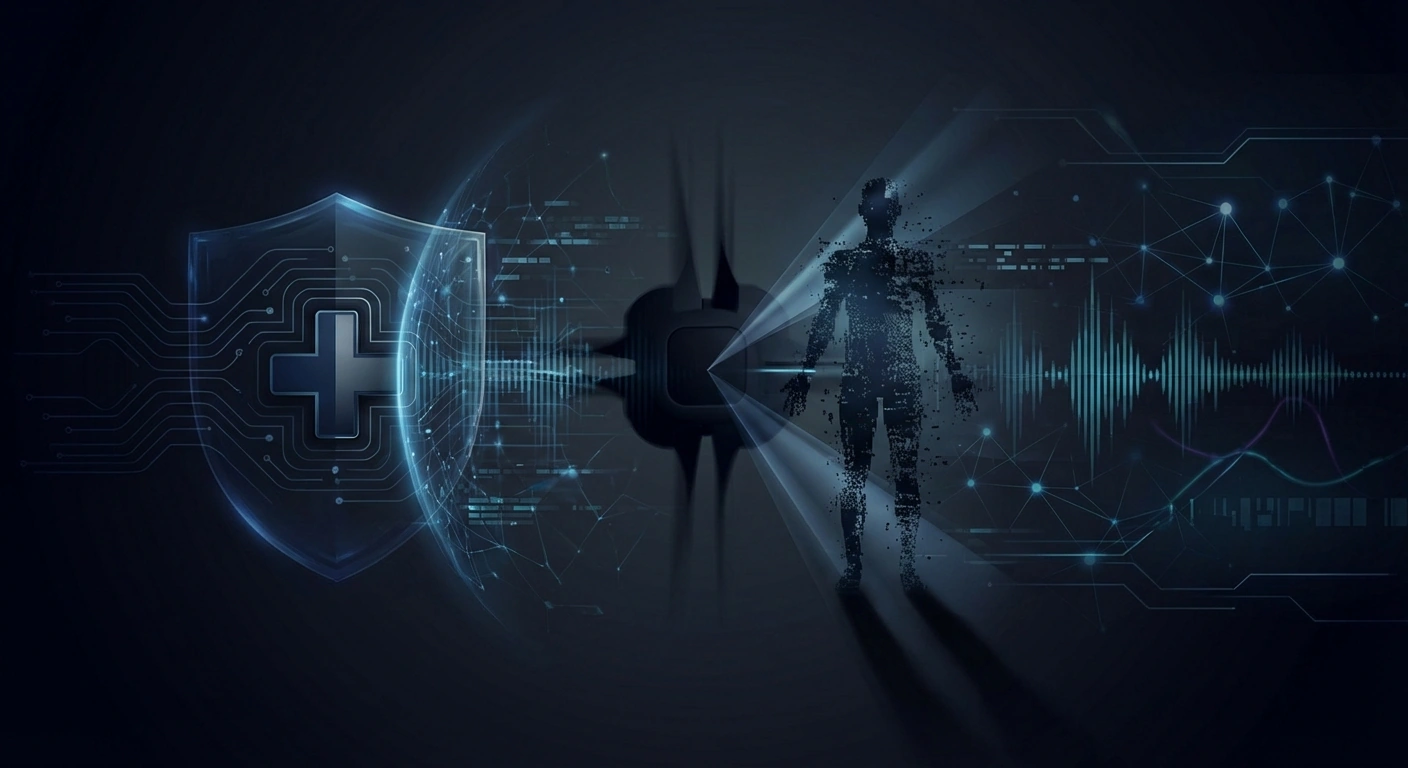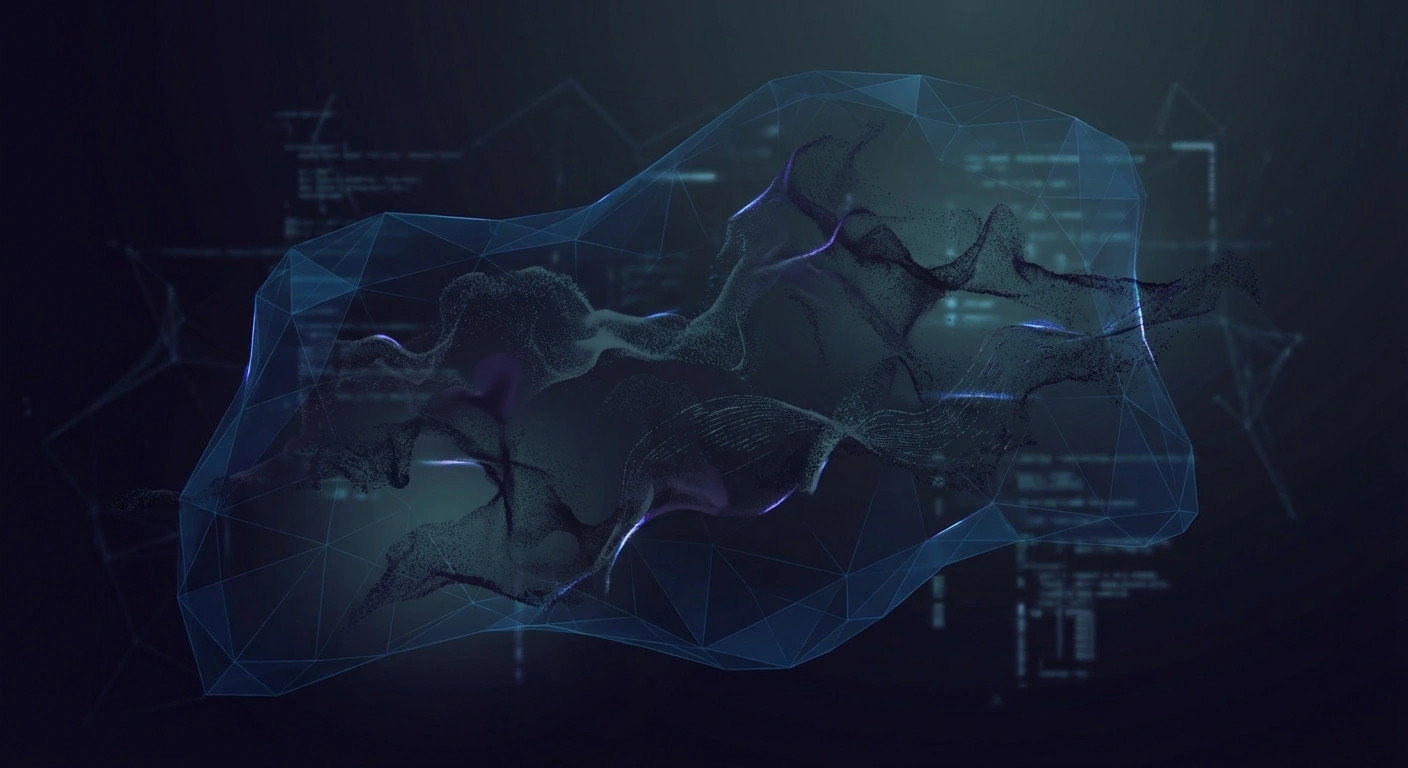Moldova PM Targeted in Deepfake Video Attack
Moldovan authorities issue urgent warning about AI-generated fake video of Prime Minister, highlighting growing threat of political deepfakes worldwide.
Moldovan authorities have issued an urgent public warning about a sophisticated deepfake video featuring the country's Prime Minister, marking the latest incident in a troubling global trend of AI-generated political disinformation. The fake video, which authorities quickly identified and flagged, represents a significant escalation in the use of artificial intelligence to manipulate public opinion and undermine democratic institutions.
This incident in Moldova serves as a stark reminder of how deepfake technology has evolved from a novelty to a serious threat to digital authenticity and political stability. What once required Hollywood-level resources and expertise can now be created by individuals with modest technical skills and consumer-grade equipment. The democratization of this technology, while opening creative possibilities, has also weaponized misinformation in unprecedented ways.
The timing of this deepfake's appearance is particularly concerning. Political deepfakes often emerge during critical moments - elections, policy debates, or international negotiations - when public opinion is most malleable and the potential for damage is highest. In Moldova's case, a country navigating complex geopolitical relationships between East and West, such digital attacks can have far-reaching consequences for national security and international relations.
What makes deepfakes especially dangerous is their ability to exploit our fundamental trust in video evidence. For generations, seeing was believing - video footage served as the gold standard of proof in courtrooms, newsrooms, and public discourse. Deepfakes shatter this assumption, creating a 'reality recession' where citizens can no longer trust their own eyes. This erosion of shared truth poses an existential challenge to democratic societies that depend on informed citizenry.
The response from Moldovan authorities demonstrates the importance of rapid detection and public communication in combating deepfakes. By quickly identifying the fake and alerting citizens, they limited its potential damage. However, this reactive approach highlights a troubling asymmetry: creating a convincing deepfake takes hours or days, while debunking it and repairing the damage can take weeks or months. Some viewers may never encounter the correction, leaving false impressions intact.
This incident underscores the urgent need for comprehensive solutions combining technology, education, and policy. Detection tools using AI to identify AI-generated content are improving but remain imperfect. Media literacy programs must evolve to teach citizens how to critically evaluate video content. Legal frameworks need updating to address the unique challenges deepfakes pose to privacy, consent, and electoral integrity.
As deepfake technology continues to advance, incidents like Moldova's will likely become more frequent and sophisticated. The question is not whether more political deepfakes will appear, but whether democratic societies can develop resilience fast enough to preserve trust in an era of synthetic media. The stakes could not be higher - the very notion of objective truth in public discourse hangs in the balance.



